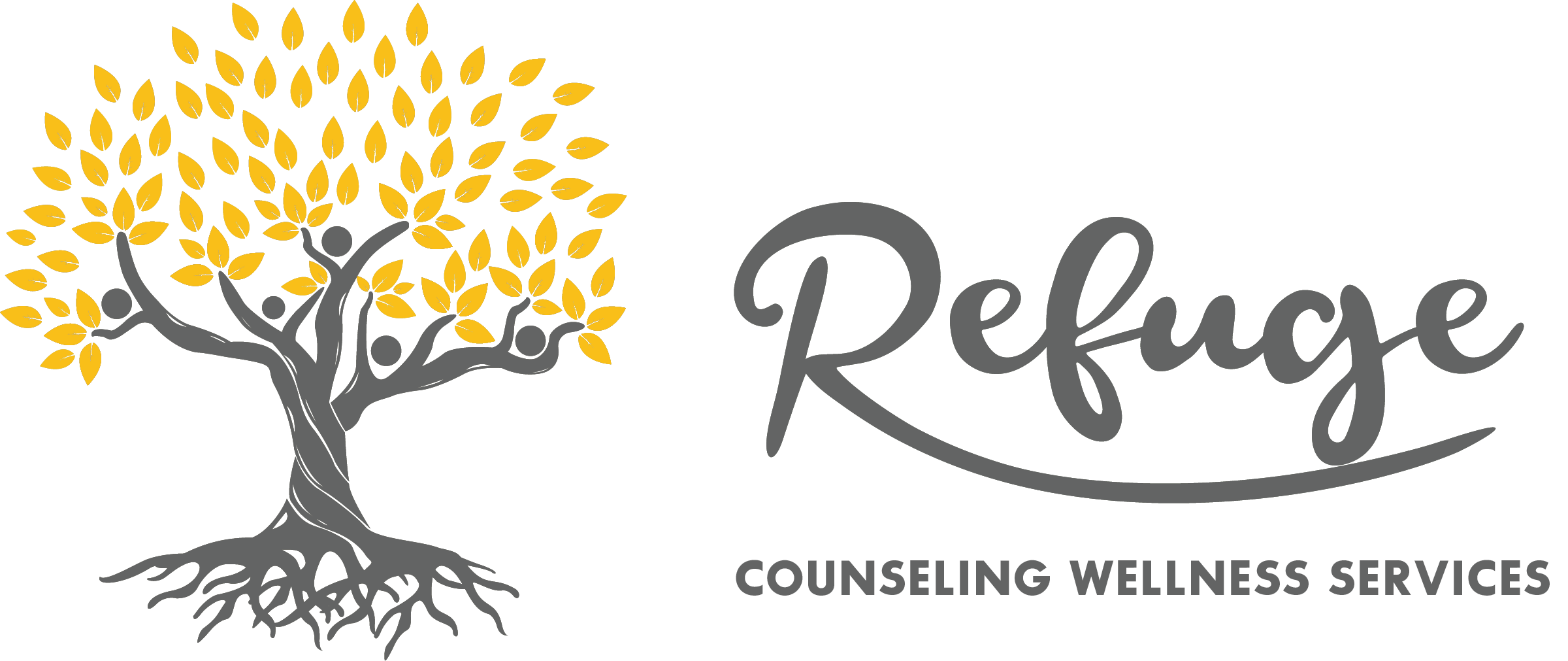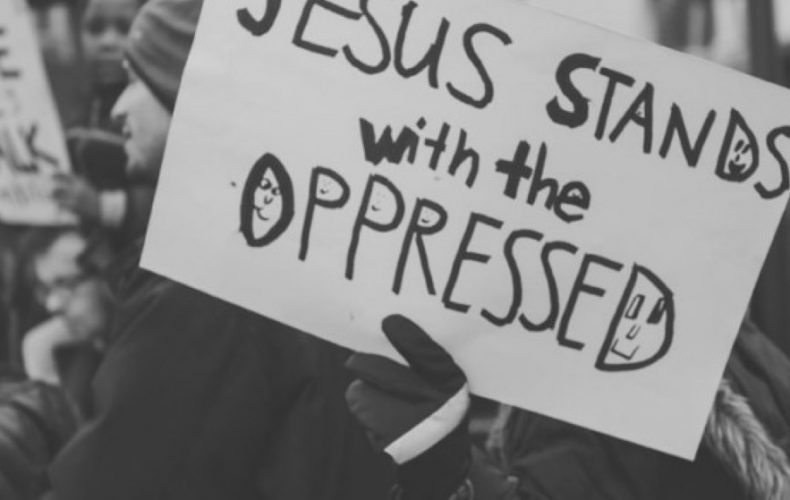According to the CDC Study on sexual violence, 13% of women and 6% of men reported they experienced sexual coercion at some time in their lives. 42.2% of female rape victims were raped before age 18 and 27.8% of male rape victims were raped when they were age 10 or younger. This translates to hundreds of thousands of Americans who are living with feelings of shame, guilt, humiliation and embarrassment caused by the horrific crime of sexual abuse.
Everyone deserves to heal from tormenting emotional pain of sexual abuse and live a happy and joy filled life. By working through the pain you will discover you can heal from the trauma resulting from incest, molestation, rape or some other form of sexual abuse or coersion.
Determine to Heal
The very first and most important step in the process of healing from sexual abuse is to recognize that you are no longer powerless and you are not to blame for the abusive acts that you endured. Realize the perpetrator is responsible for what he/she did to you and the abuse is in no way your fault. There is absolutely nothing you could have possibly said or done to cause the abuse and the abuser is 100% responsible for his/her actions.
Protect Your Safety
If you are still being sexually abused, or are living in any type of an abusive situation (emotional, physical or sexual), you need to seek professional guidance about how to remove yourself from that situation safely. You cannot begin to heal while you are still being harmed. Healing will only start when you and your children (if you have them) are in a safe and healthy environment and you have distanced yourself from abusive individuals.
Consider Healing Therapies
EMDR therapy is very effective in helping individuals recover from past trauma like sexual abuse that tends to dramatically affect interpersonal relationships (such as friendships, marriages, etc). Sexual trauma is triggered in these context and if emotions are not properly worked through, can keep the individual stuck. EMDR allows the brain to process the trauma in a way where its resolved, physiological stress is then reduced and in many cases is eliminated, and individuals regain control of their lives.
Cognitive Behavioral Therapy (CBT) is helpful in retraining how one thinks through situations by recognizing irrational thoughts and choosing to respond differently which will impact one’s mood. It examines the correlation between what we think, how that makes us feel and how it impact what we do.
General talk therapy is a very effective way of soothing the pain caused from emotional trauma by simply having a safe place to express your thoughts and feelings with someone who is there to listen and trained to understand the dynamics of sexual abuse. Having a safe place to talk about what happened is healing to the soul.
Create a Support Network
Do not try to go through the healing process alone or by isolating yourself. Find people that you can trust that will offer you support and encouragement. Members of your support team may include a therapist, members of the clergy, local or online support groups, and your family and friends.
Implement Boundaries
Commit to the decision to refrain from situations where you feel coerced or forced to things you are not comfortable doing. Pay attention to your internal personal alarm system that says “somethings not right,” because that is one of the best indicators of knowing where to set boundaries.
Take Care of Yourself
Reaching out to a trained therapist to help you work through the pain of sexual trauma is part of self-care.
Creating a quiet, comfortable and private place where you can be alone for at least 10min each day is an important part of your healing process as well. Each day you can begin setting aside time for something you enjoy. You may also choose to reserve this time to take a hot bath, write in your journal, or just relax and meditate.
Healing from sexual abuse is an ongoing process. But you can begin that journey today through reaching out for help.


